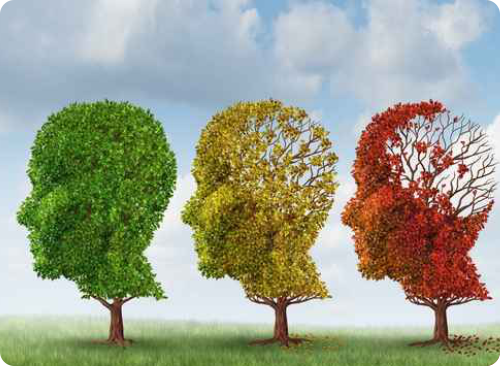Cognitive Behaviour Therapy (CBT)
|
Within the theoretical framework of learning theory, mental disorders are formulated in terms of emotional and behavioural problems that have been learned.
The main focus of Cognitive Behaviour Therapy (CBT) is to assist a person to recognise and modify unhelpful and unhealthy thoughts, feelings and behaviours which have a negative impact on quality of life. CBT is a combination of two therapies: “cognitive therapy” and “behaviour therapy”. Cognitive therapy is based on the theory that distressing emotions and unhelpful behaviours develop because of irrational thought patterns, dysfunctional beliefs, perceptions, interpretations and expectations. These negative beliefs are identified and replaced with rational and more helpful cognitions which help to improve the person’s mood and behaviour. Behaviour therapy is based on the theory that behaviour is learned and maintained (through observation, pairing of antecedents and behaviour, and conditional reinforcement) and therefore can be changed (through modelling and rehearsal, stimulus control and contingency management). CBT teaches people that they are able to manage their thoughts, emotions and behaviour by implementing practical self-help strategies which brings about positive changes and promotes a healthy overall well-being. |
|

















